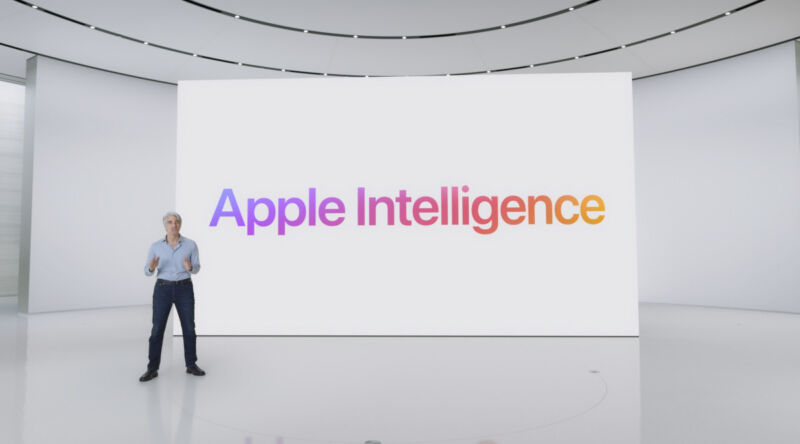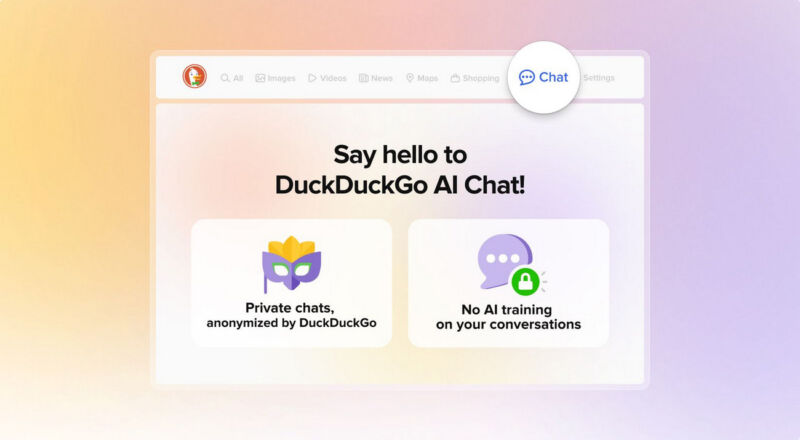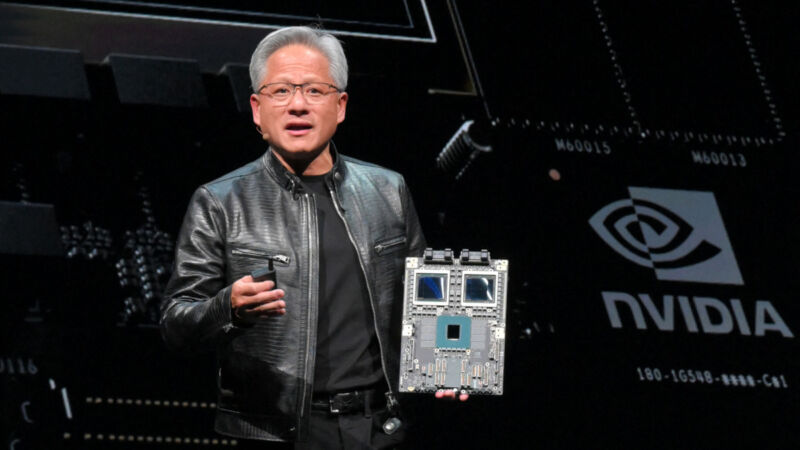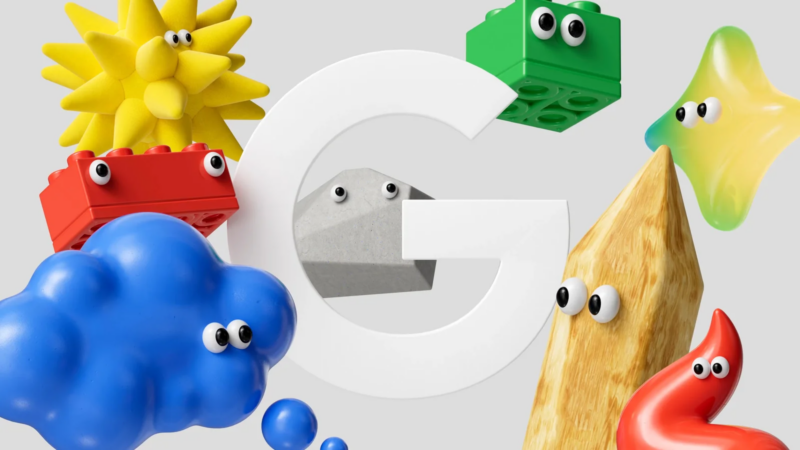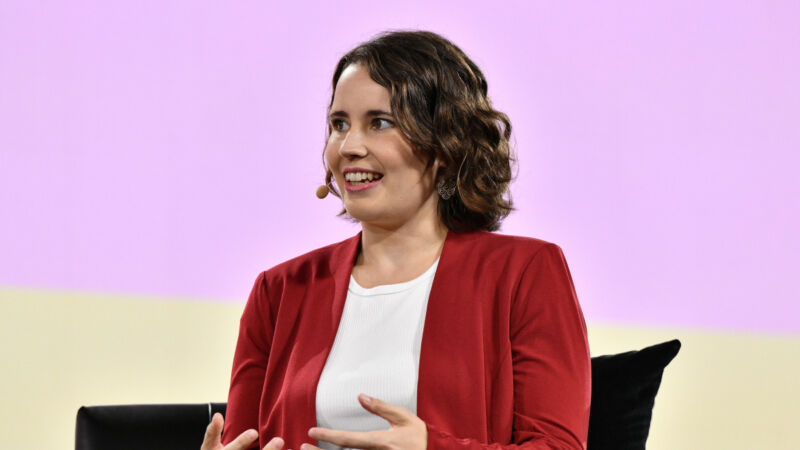Report: Apple isn’t paying OpenAI for ChatGPT integration into OSes
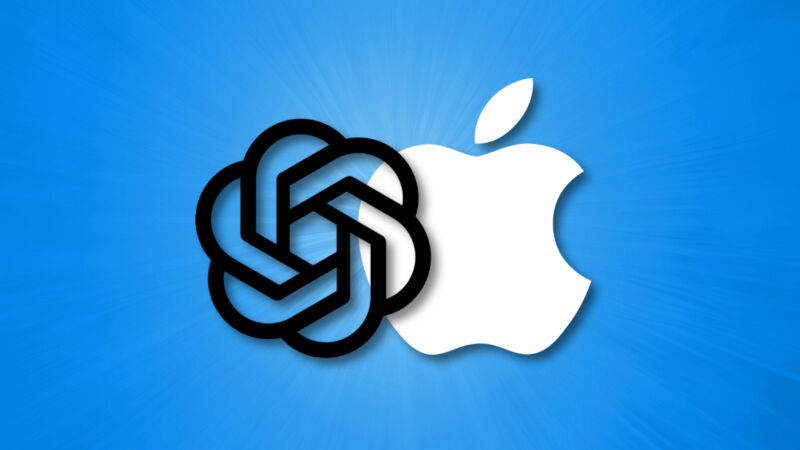
Enlarge (credit: OpenAI / Apple / Benj Edwards)
On Monday, Apple announced it would be integrating OpenAI's ChatGPT AI assistant into upcoming versions of its iPhone, iPad, and Mac operating systems. It paves the way for future third-party AI model integrations, but given Google's multi-billion-dollar deal with Apple for preferential web search, the OpenAI announcement inspired speculation about who is paying whom. According to a Bloomberg report published Wednesday, Apple considers ChatGPT's placement on its devices as compensation enough.
"Apple isn’t paying OpenAI as part of the partnership," writes Bloomberg reporter Mark Gurman, citing people familiar with the matter who wish to remain anonymous. "Instead, Apple believes pushing OpenAI’s brand and technology to hundreds of millions of its devices is of equal or greater value than monetary payments."
The Bloomberg report states that neither company expects the agreement to generate meaningful revenue in the short term, and in fact, the partnership could burn extra money for OpenAI, because it pays Microsoft to host ChatGPT's capabilities on its Azure cloud. However, OpenAI could benefit by converting free users to paid subscriptions, and Apple potentially benefits by providing easy, built-in access to ChatGPT during a time when its own in-house LLMs are still catching up.

